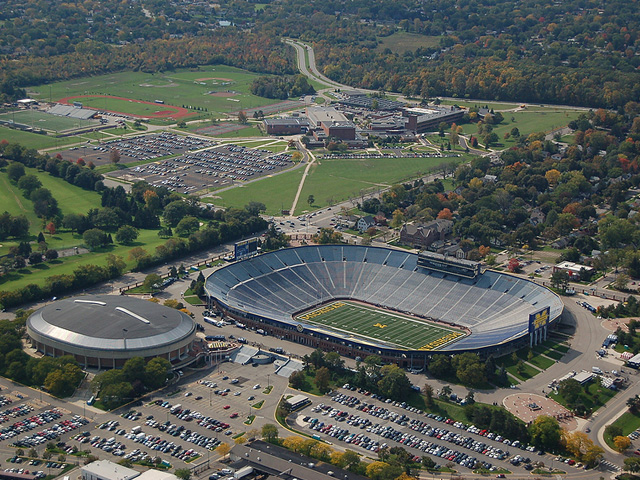Physiological psychology is a subdivision of biological psychology that studies the neural mechanisms of perception and behavior through direct manipulation of the brains of nonhuman animal subjects in controlled experiments. One example of physiological psychology research is the study of the role of the hippocampus in learning and memory. This can be achieved by surgical removal of the hippocampus from the rat brain followed by an assessment of memory tasks by that same rat.
In the past, physiological psychologists received much of their training in psychology departments in major universities. Currently, physiological psychologists are also be trained in behavioral neuroscience or biological psychology programs that are affiliated with psychology departments, or in interdisciplinary neuroscience programs.

















